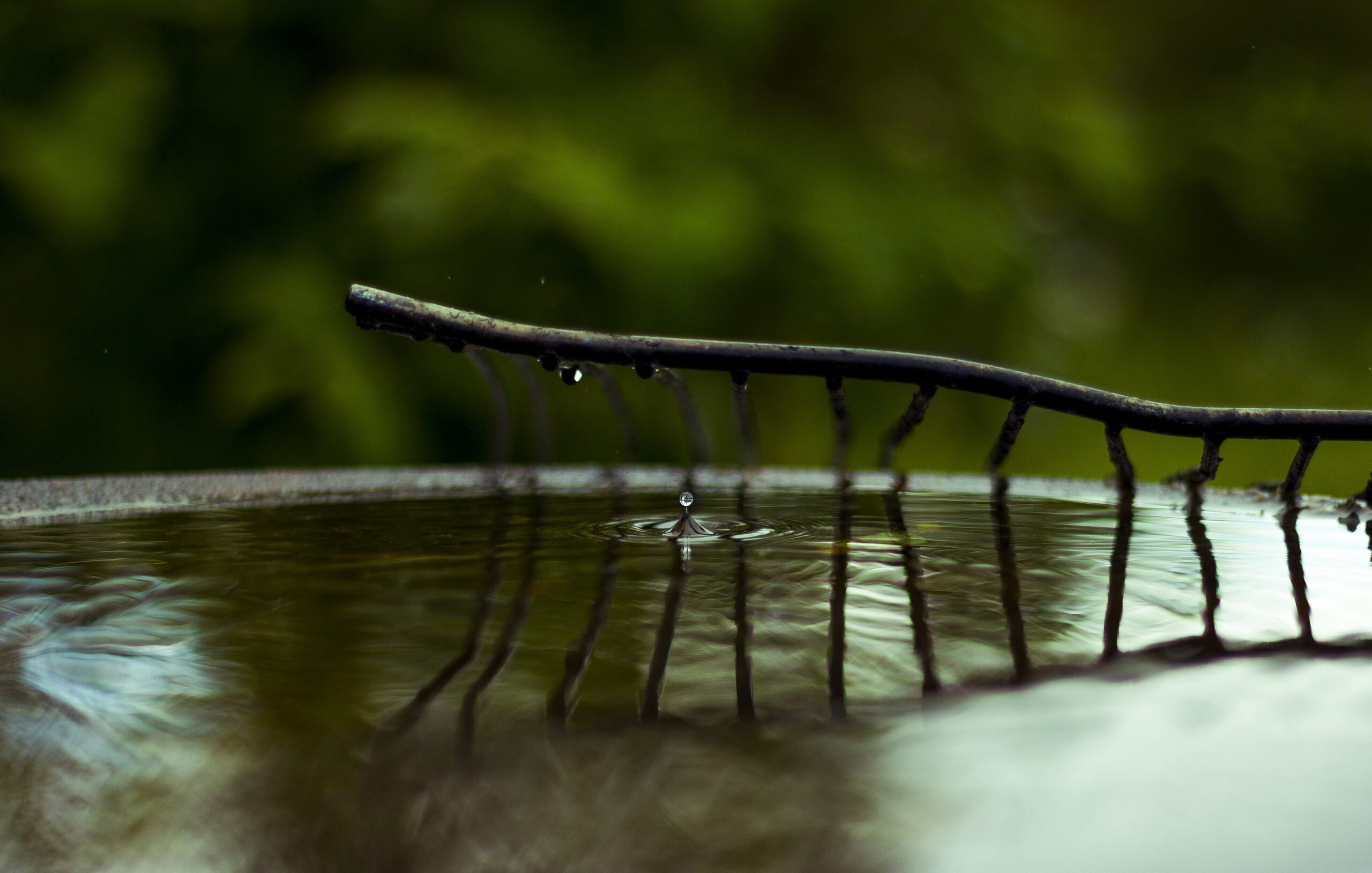Water is one of the most valuable resources on our planet; yet, in many regions, including the UAE, it remains scarce. With rising demand, climate challenges, and increasing urban development, the need for sustainable water management is more urgent than ever. This is where rainwater harvesting comes in as a powerful and eco-friendly solution. By collecting and storing rainwater, communities can access an additional source of clean water while reducing stress on traditional supplies.
As a trusted water supplier in the UAE, National Drinking Water recognizes the importance of innovative solutions like rainwater harvesting in ensuring safe and sustainable drinking water for future generations.
What is Rainwater Harvesting?
Rainwater harvesting is the practice of collecting rainwater from rooftops, paved areas, and open surfaces, then storing it for later use. The collected water is usually filtered and purified to make it safe for household consumption, irrigation, or even as drinking water.
The concept is simple, but its impact is profound. Instead of letting precious rainwater run off into drains or evaporate, harvesting systems capture it and transform it into a reliable water resource.
Why Rainwater Harvesting Matters in the UAE
In the UAE, natural freshwater sources are scarce, and much of the drinking water comes from desalination, which is both energy-intensive and costly. Rainfall is limited, but when it does occur, large volumes of water are often wasted because they are not captured effectively.
By implementing rainwater harvesting systems, UAE households, businesses, and communities can complement existing supplies with a sustainable alternative. This not only conserves water but also reduces dependence on desalination plants.
Key Benefits of Rainwater Harvesting
1. Environmental Sustainability
Rainwater harvesting reduces the burden on natural and artificial water sources. By reusing rainwater, communities can conserve energy and protect groundwater reserves. This makes it an eco-friendly solution that aligns with the UAE’s sustainability vision.
2. Cost Savings
For homeowners and businesses, rainwater harvesting can significantly cut down water bills. Collected rainwater can be used for gardening, cleaning, and even filtered for safe drinking, making it a cost-effective long-term investment.
3. Reliable Backup Supply
During peak demand or emergencies, having stored rainwater can be a dependable backup. For regions that face seasonal rainfall, storage tanks ensure that the collected water can be used even months after it rains.
4. Improved Groundwater Recharge
In some methods, rainwater is allowed to seep into the ground, helping replenish underground water tables. This improves groundwater quality and reduces the risk of land subsidence.
Modern Techniques in Rainwater Harvesting
Advancements in technology have made rainwater harvesting more efficient and practical than ever before. Some common systems include:
- Rooftop Collection Systems: Simple yet effective, these capture rainwater from rooftops, channeling it through pipes into storage tanks.
- Filtration Units: Modern filters ensure collected water is free from dust, leaves, and contaminants before storage.
- Underground Storage Tanks: To save space and reduce evaporation, water is often stored underground in specially designed tanks.
- Purification Technologies: UV treatment, reverse osmosis, and activated carbon filters can make harvested rainwater safe for drinking.
- Smart Monitoring Systems: IoT-enabled devices now allow households to track water levels, usage, and quality in real time.
These innovations ensure that rainwater harvesting is not just a traditional practice but a modern, technology-driven solution for clean water.
Rainwater Harvesting and the UAE’s Sustainability Goals
The UAE has been actively promoting water conservation and sustainability as part of its long-term vision. Initiatives such as green buildings, sustainable urban planning, and eco-friendly construction already emphasize rainwater management.
By adopting rainwater harvesting on a larger scale, the UAE can reduce pressure on desalination plants, lower energy consumption, and build a more resilient water infrastructure. This approach perfectly supports the nation’s mission to create a greener and more sustainable future.
Role of National Drinking Water in Promoting Sustainable Solutions
As a leading water supplier in the UAE, National Drinking Water goes beyond delivering clean drinking water. The company is committed to promoting sustainable practices that support long-term water security. By raising awareness about modern solutions like rainwater harvesting and providing advanced purification systems, National Drinking Water is helping both households and businesses make smarter choices for the future.
Whether through education, innovation, or supply, the company ensures that communities have access not only to pure water but also to sustainable water solutions.
The Future of Rainwater Harvesting in the UAE
With advancements in filtration, storage, and smart technology, rainwater harvesting is becoming more accessible and efficient. In the coming years, we can expect to see:
- Widespread integration of harvesting systems in new residential and commercial buildings.
- Government-backed incentives to encourage sustainable water practices.
- Greater use of eco-friendly materials and energy-efficient purification systems.
The UAE is well-positioned to become a leader in adopting rainwater harvesting as part of its journey toward water security.
Rainwater harvesting is more than just a conservation method; it is a sustainable solution for clean drinking water. From reducing dependence on desalination to promoting eco-friendly living, the benefits are clear and impactful.
With companies like National Drinking Water championing innovation and sustainability, households and businesses in the UAE can look forward to a future where every drop of rain is captured, valued, and transformed into safe, usable water. Embracing rainwater harvesting today means building a healthier, more resilient tomorrow.

